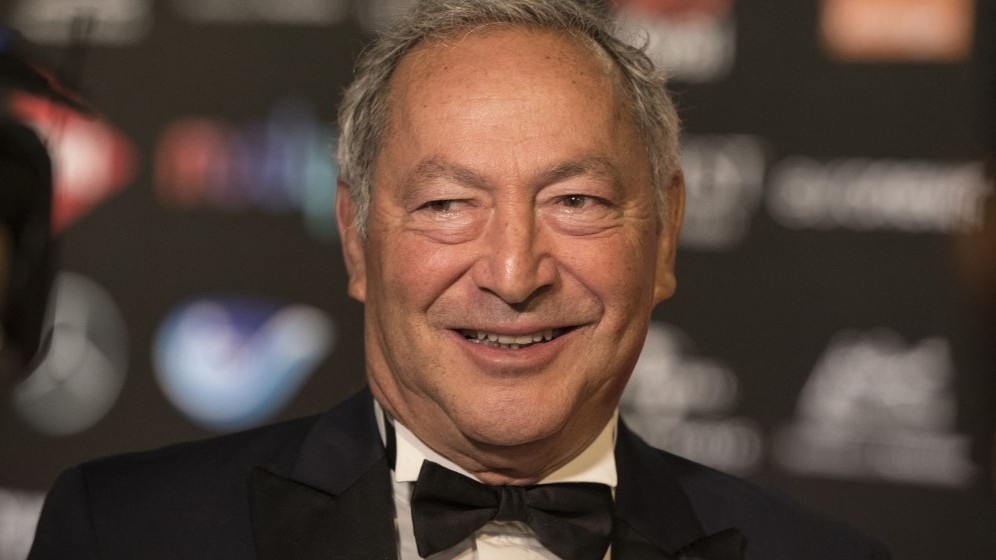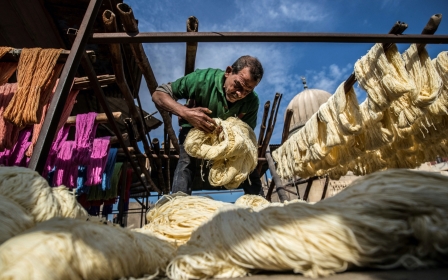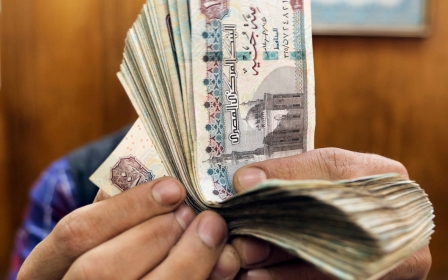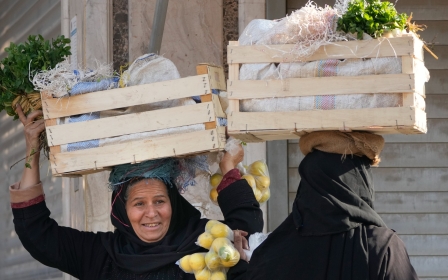Egypt: Billionaire Samih Sawiris stops investing in country over currency uncertainty

Egyptian billionaire Samih Sawiris has declared that he is not investing in any new projects in Egypt at the moment, due to uncertainty over the country's exchange rate.
In an interview with the Dubai-based Al-Arabiya Business channel on Tuesday, Sawiris said the Egyptian pound currently has three exchange rates, which complicated the ability of investors to conduct feasibility studies.
Asked whether he had stopped investing in Egypt at the moment, Sawiris said:
"Yes, of course. How do I know if the project will make a profit or a loss? I have to be aware of everything. Should I calculate based on the international price, which is 42, or the black market price in Egypt, which is 36, or the official price, which is 31? This is in itself a killer for any expectation of profitability or feasibility. Therefore, everyone is waiting."
Sawiris criticised the government’s fiscal and economic policies that failed to liberalise the exchange rate, which he said had a “suffocating” impact on the private sector. Foreign currency shortage, he said, had prevented the entry of materials to the country.
“The volume of the private sector in the overall economy has dropped from 62 percent to 21 percent in the past 10 years,” he said, citing Egypt’s official statistical agency, Capmas.
“I was shocked by this deterioration [in the private sector], because it is one of the significant impacts of the strangling of the Egyptian currency,” he added.
He cited the example of the Turkish floating exchange rate regime, saying it has not had a significant impact on the movement of imports and exports despite the deterioration of the exchange rate.
Egypt “should have left the market to rule,” he said, “because if you try to strangle the market, you may kill it”.
In contrast to his pessimism about Egypt, Sawiris said he was optimistic about Saudi Arabia.
“This is the number one promising area in the Arab world,” he said, revealing that he is considering a number of investment projects in the Gulf kingdom, which he refused to disclose.
Sawiris and his family are among the richest people in Egypt, and all of Africa. He is the youngest son of Egyptian construction tycoon Onsi Sawiris and the current leader of Orascom Development. The company specialises in constructing and managing resorts located in Egypt, Montenegro and Switzerland.
IMF conditions not met
Earlier this month, the International Monetary Fund said it wants to see Egypt accelerate reforms before it carries out its first review of a $3bn rescue programme intended to shore up the country's crippled economy.
In December, the IMF approved its fourth loan to cash-strapped Egypt in six years. As part of a $3bn deal, Cairo agreed to shift to a flexible exchange rate, reduce the military’s footprint in the economy and open the books of state-owned companies.
But disbursements under the 46-month programme are subject to eight reviews, the first of which was dated 15 March 2023, but has yet to take place. According to Bloomberg, the lender is holding off until it sees more progress from Cairo, to ensure the review is successful.
Meanwhile, the IMF has called the Gulf states’ support “a critical part” of its $3bn bailout programme.
Gulf states that have traditionally supported Egypt vowed to invest billions of dollars in its economy, but there is scant sign of major investments going through, due to uncertainty over the currency. Saudi Arabia has reportedly halted its purchase of Egypt's United Bank over a disagreement on whether to value the transaction in Egyptian pounds or US dollars.
Earlier this month, Egyptian President Abdel Fattah el-Sisi made a surprise visit to Saudi Arabia and met Crown Prince Mohammed bin Salman, in a bid to drum up support. But the kingdom has said publicly it is no longer interested in giving unconditional aid.
Saudi Finance Minister Mohammed al-Jadaan, speaking at the World Economic Forum in Davos in January, warned that his country will no longer give aid to others without reforms.
The Arab world’s most populous nation was hit hard by the dual impacts of the Russia-Ukraine war and the Covid-19 pandemic, which raised the price of imported goods.
Foreign investors pulled $22bn from Egypt’s debt market last year and they have been reluctant to re-enter, as rising interest rates in the West have dented the appeal of Egyptian debt.
According to an S&P survey released on Wednesday, non-oil private sector activity in Egypt contracted for the 29th consecutive month in April, Reuters reported. Ongoing import and currency restrictions, combined with soaring prices, have had a detrimental impact on business confidence, reaching an all-time low, the survey showed.
Although the S&P Global Egypt Purchasing Managers' Index (PMI) increased slightly to 47.3 in April, from 46.7 in March, it remains significantly below the 50.0 threshold that signals growth in activity.
"Import controls and high prices overall continued to weigh on inventories, while sustained economic weakness led to the most downbeat outlook in the survey's history," S&P Global said.
Egypt's headline inflation reached a nearly all-time high of 32.7 percent in March, up from 31.9 percent in February. Additionally, core inflation increased to a record 40.26 percent in February before inching down to 39.5 percent.
Middle East Eye propose une couverture et une analyse indépendantes et incomparables du Moyen-Orient, de l’Afrique du Nord et d’autres régions du monde. Pour en savoir plus sur la reprise de ce contenu et les frais qui s’appliquent, veuillez remplir ce formulaire [en anglais]. Pour en savoir plus sur MEE, cliquez ici [en anglais].





